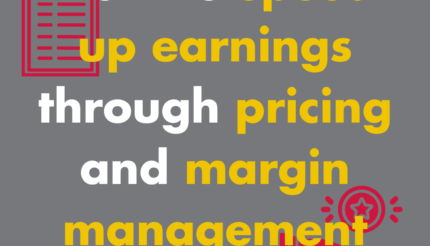5 Top Tips for monitoring cash flow
Cash flow is a crucial aspect of managing a successful business. It is the movement of money in and out of your business, and it is essential to monitor it in order to maintain financial control.
We meet so many business owners who rely on their accountants to understand their cash flow, or if they’re a really small business – bury their head in the sand and hope for the best… Whether you are just starting a business or looking to improve the financial health of an established company, here are five tips to help you monitor your cash flow and achieve financial control in your business.
- Track Regularly: The first step is to track it regularly. This means keeping accurate records of all of your income and expenses, and reviewing them on a regular basis. This information will help you to understand the flow of money in and out of your business, and to identify areas where you can improve.
- Forecast: It is also important to forecast it. This involves projecting your future income and expenses, and using this information to estimate your future cash flow. By forecasting you can anticipate potential cash flow problems, and make adjustments to your finances accordingly.
- Monitor Your Accounts Receivable: One of the biggest challenges is managing accounts receivable. Accounts receivable refers to the money that you are owed by your customers, and it is important to monitor it closely in order to maintain a positive cash flow. This may involve setting up payment terms, sending invoices promptly, and following up on overdue payments.
- Monitor Your Accounts Payable: In addition to monitoring accounts receivable, it is also important to monitor your accounts payable. Accounts payable refers to the money that you owe to your suppliers, and it is important to manage it effectively in order to maintain a positive cash flow. This may involve negotiating payment terms, paying bills on time, and avoiding late fees.
- Seek Professional Advice: Finally, seeking professional advice can be a valuable resource. A business coach or accountant can provide you with expert guidance and advice on how to manage your finances, and can help you to identify areas where you can improve. In addition, they can help you to understand complex financial concepts and regulations, and to make informed decisions about your finances. However, as mentioned at the beginning, don’t completely rely on your coach or accountant – it’s really important that you are all over these numbers!
Monitoring your cash flow is a critical aspect of maintaining financial control in your business. Whether you are just starting a business or looking to improve the financial health of an established company, taking the time to monitor your cash flow will help you to achieve financial stability and success.
READ THE FULL GUIDE HERE






